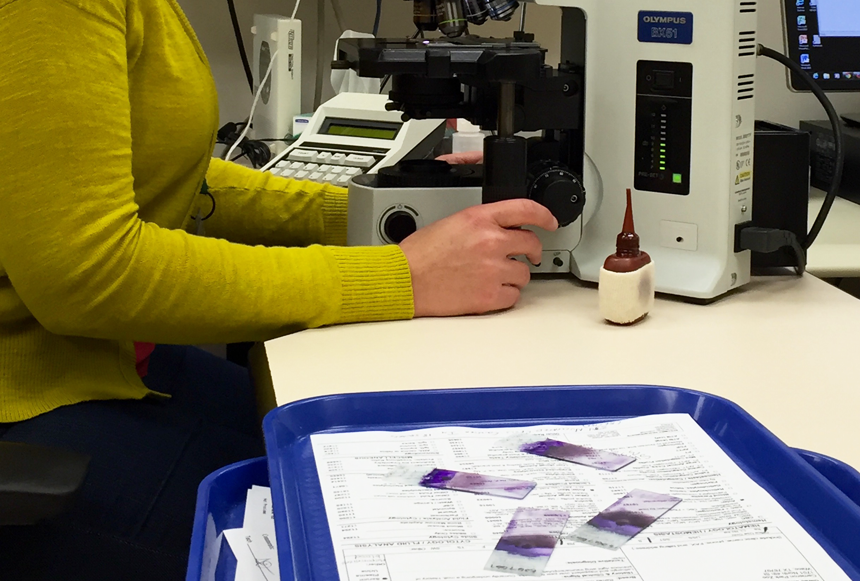Everything You Need to Know About Veterinary Testing Services
Everything You Need to Know About Veterinary Testing Services
Blog Article
Protecting the well-being of your furry companions, regular veterinary testing is essential. Pet diagnostic labs assist in diagnosing illnesses for household pets.
In this article, we’ll explore the impact of veterinary testing and review common procedures.
Understanding Veterinary Labs for Pets
Labs focused on animal health examine biological specimens to provide valuable data. These labs rely on specialized equipment to deliver reliable diagnostics.

Key roles of veterinary labs include:
- Diagnosing conditions promptly: Allows for faster treatment.
- Keeping an eye on recurring problems: Helps vets adjust treatments.
- Validating health improvements: Helps refine care approaches.
Essential Pet Health Exams
Animal diagnostic facilities specialize in diverse diagnostics to detect specific issues. Standard procedures include:
- Blood panels: Identify underlying diseases.
- Urinalysis: Check for diabetes.
- Digestive system diagnostics: Evaluate digestive health.
- Allergen identification: Diagnose environmental or food allergies.
- Radiographic testing: Identify hidden abnormalities.
The Benefits of Regular Veterinary Testing
Ongoing health assessments ensures proactive care. With early warning signs identified, vets can create effective treatment plans.

Key reasons for routine testing include:
- Enhanced quality of life: Ensuring effective care helps pets remain active and happy.
- Preventative savings: Minimizing long-term expenses saves resources down the road.
- Confidence in their well-being: Stay informed about their health.
diagnóstico laboratório veterinário
laboratorio de analises veterinariasgenoma laboratório veterinário
Conclusion: The Value of Veterinary Labs for Pet Health
Veterinary laboratories are an invaluable resource in ensuring your dog or cat’s well-being. With routine checkups, you stay ahead of potential health issues.
Talk to your veterinarian about testing options to ensure their health for years to come!
Report this page